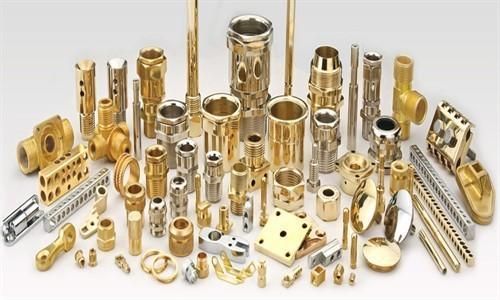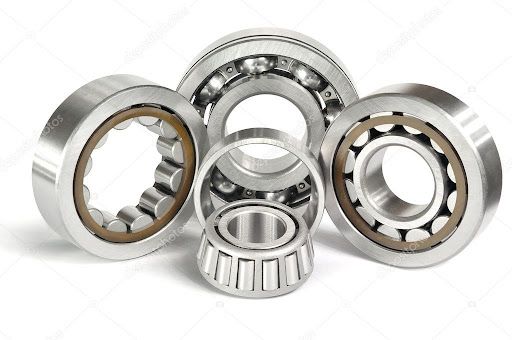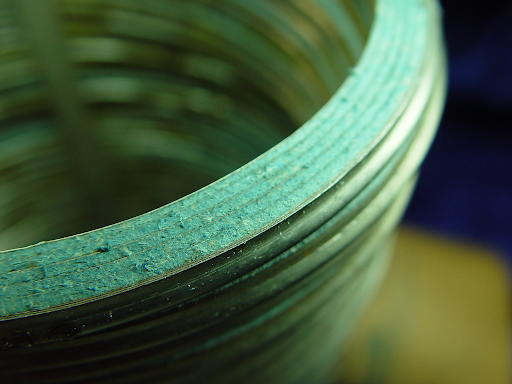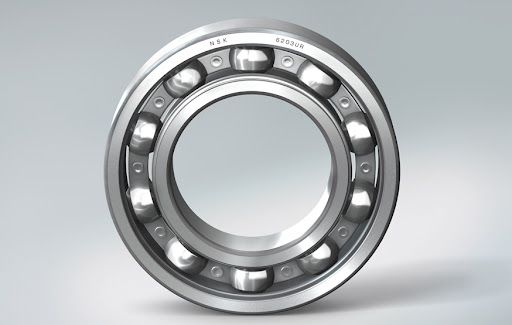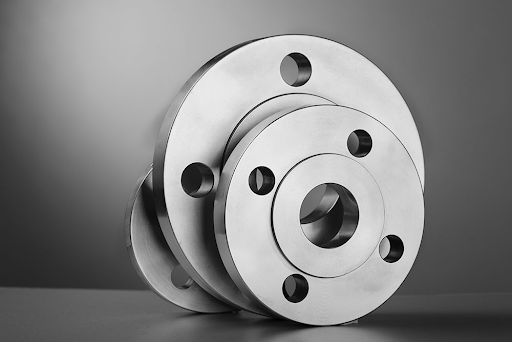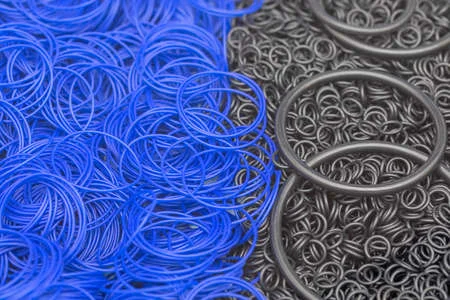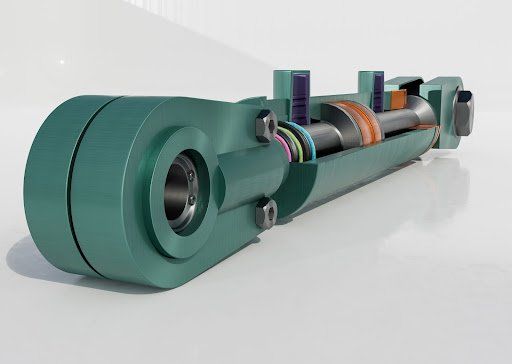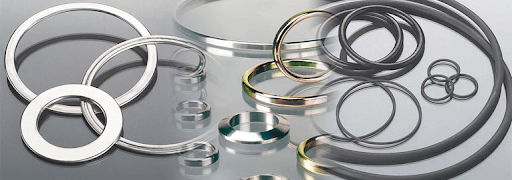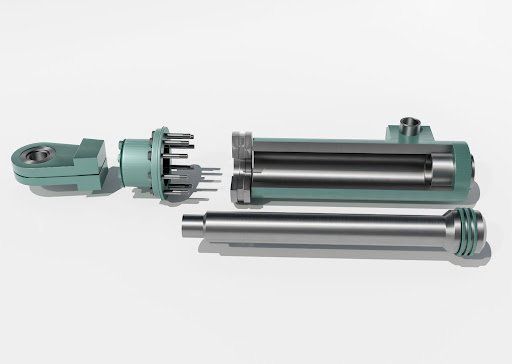Different Types of Fastener Corrosion
When purchasing or using fasteners , it’s important to understand the different types of corrosion that could possibly affect them. Having a vague overview or assuming that corrosion is only limited to rust, could be a costly mistake. Corrosion can cause irreparable damage to your fasteners, making them difficult to remove, leading to unnecessary downtime and even putting stress on the equipment or items being fastened. Understanding which type of corrosion to expect and how to prevent it is the only way to avoid costly replacements and repair time.
The best way to prepare for and prevent corrosion is to determine the environment in which they’re going to be used. These circumstances will give you a clear idea on which type of corrosion is most likely to occur, allowing you to put measures in place to counteract and reverse the corrosion before it does any permanent damage. So, let’s look at the most common types of corrosion and how to prevent them.
Galvanic Corrosion
Galvanic Corrosion occurs when two different metals are in electrical contact with each other, in the presence of an electrolyte under corrosive conditions, leading to corrosion of the more active metal. The result of the chemical reaction is similar to rusting, weakening and damaging the fasteners. The easiest way to prevent galvanic corrosion is to ensure that the fasteners and the material that they are going to be in contact with, are made of the same metal. If this isn’t feasible, you could use plastic washers as a barrier.
Caustic Agent Corrosion
Caustic agent corrosion occurs when impure gas, liquids or solids dissolve in water and form a corrosive compound such as hydrogen sulphide. When these acidic compounds encounter metal fasteners, the results over a period can be devastating, causing rust bleeding, cracking and spalling. Not all metals react negatively, however, so using fasteners made from aluminium or platinum would minimise the effect of caustic agents.
General Corrosion
General corrosion or uniform corrosion is a type of corrosion that is uniformly distributed over the exposed surface of the metal, turning it red. This type of corrosion can be particularly destructive because of the speed at which it corrodes, but it is also the most common, so preventing it is easier in that it is more predictable and can be easily managed in various ways. These include keeping the fasteners away from humidity and selecting fasteners that are made from a non-corrosive material.
These are just a few of the more common types of corrosion to look out for, but there are many others, including stress corrosion and localised corrosion, which covers pitting, crevice, and filiform corrosion. If you’re unsure of the type of corrosion your environment is going to cause, it’s best to involve a professional. The team at Bearing Centre are knowledgeable and always on hand to assist you with your fastener selection.

